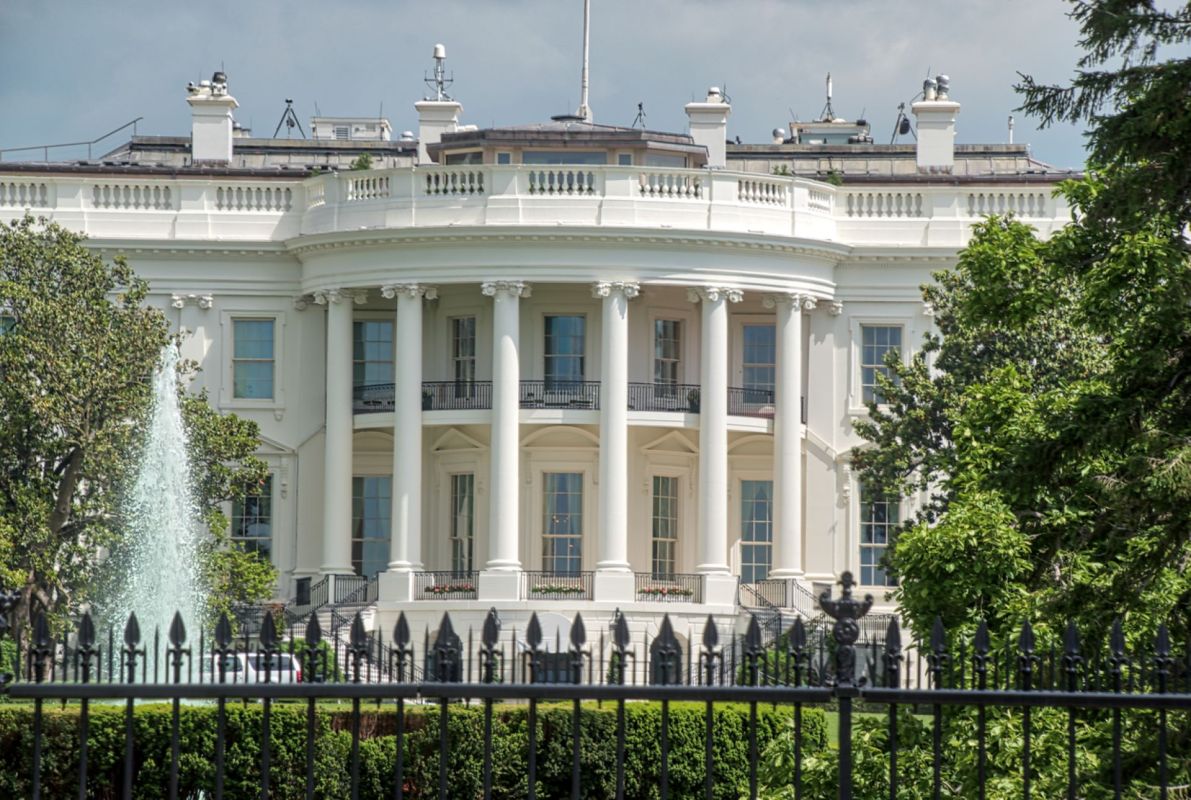The United States became the world's top exporter of liquefied natural gas in 2023 despite promises of a greener tomorrow, but the Biden administration has recently issued a pause on export permits that some feared could lead to disastrous consequences.
The White House acknowledged Jan. 26 that rising global temperatures are "the existential threat of our time" and announced that it would implement "a temporary pause on pending decisions on exports" of liquefied natural gas (LNG) until the U.S. Department of Energy can reassess the data and develop a plan that takes into account the health of our planet.
"We also must adequately guard against risks to the health of our communities, especially frontline communities in the United States who disproportionately shoulder the burden of pollution from new export facilities," the White House wrote, noting exceptions would be considered "for unanticipated and immediate national security emergencies."
As detailed by the Guardian, the LNG projects referred to in the press release were denounced by environmentalists as "carbon 'mega bombs'" because they would've generated 3.2 billion tons of planet-warming pollution, as much as the entire European Union produces in one year.
"It's an unbelievable amount of pollution, and it would spell game over for a livable planet as we've known it," Jeremy Symons, a former Environmental Protection Agency official, told the news outlet in October.
Human activities — particularly the use of dirty energy — have led to an accelerated rise of temperatures worldwide, and last year was no exception to that trend, with data published by the National Oceanic and Atmospheric Administration showing that 2023 was the hottest year ever recorded since 1850.
These temperature changes have impacted our food supply, contributed to an increase in severe weather events, and created new concerns about the spread of disease, among other things.
Back in 2015, in order to protect the future of our planet, nearly 200 parties adopted the legally binding Paris Agreement to limit rising temperatures to 1.5 degrees Celsius (2.7 degrees Fahrenheit) above pre-industrial levels.
"We are already very close to the 1.5C climate change limit, so we can only emit more CO2 if at the same time the fossil methane emissions are reduced drastically. Expanding LNG production would do just the opposite," Stefan Rahmstorf, a climate scientist at the University of Potsdam, told the Guardian after the Biden administration decided to pause export permits.
Roishetta Ozane, an activist in Louisiana, also applauded the move. The Guardian noted that "much of the LNG buildout is happening" in the low-lying coastal state, which is particularly vulnerable to the impacts of changing global temperatures.
"It is a powerful statement that we can no longer allow these industries to continue operating without considering the health and safety of the people living in these areas," Ozane said.
Join our free newsletter for cool news and actionable info that makes it easy to help yourself while helping the planet.









